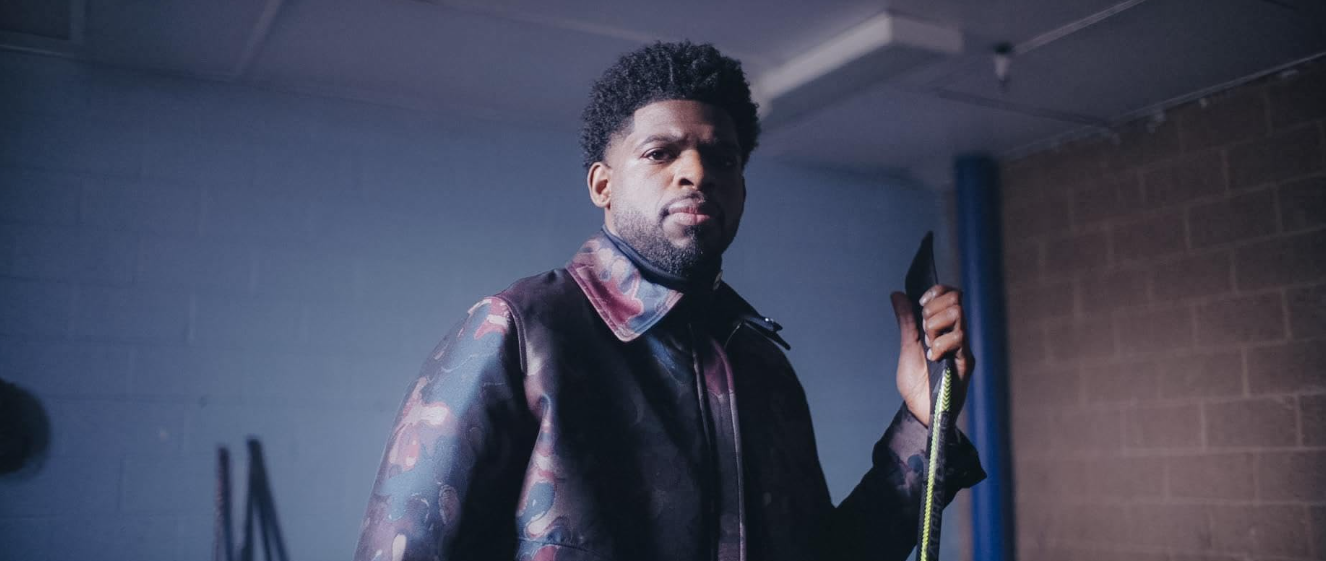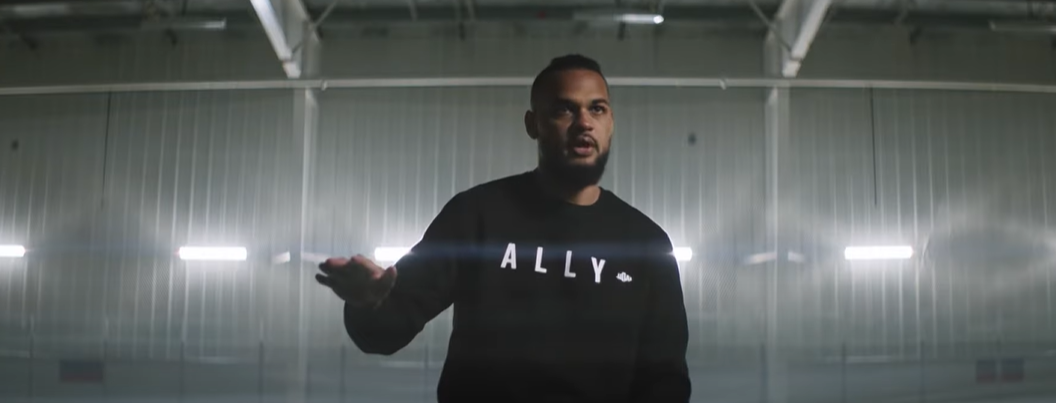Directed by Hubert Davis, ‘Black Ice’ is a sports drama movie that chronicles the apparent racism prevalent in the world of Canadian ice hockey. Old and new players, including Akim Aliu, P.K. Subban, and Wayne Simmonds, come together to speak about their struggles as people of color on the ice. Besides, they talk about the sport’s history and how discrimination has been present since the beginning of the game.
Through several in-depth interviews, the movie further charts the players’ journeys, interspersed with highlighting moments in their careers and the sport’s history. Given the documentary-style visuals and format, as well as the realistic treatment of sensitive themes like racism, the audience is often compelled to wonder — is ‘Black Ice’ based on actual incidents? Let’s find out the same!
Black Ice is Based on a 2004 Non-Fiction Book
‘Black Ice’ is based on a true story. Written by Hubert Davis, who also directs it, the movie is a documentary and thus, purely relies on actual facts as well as partly on ‘Black Ice: The Lost History of the Colored Hockey League of the Maritimes, 1895-1925,’ a 2004 non-fiction book by Darril and George Fosty. The book, and consequently, the documentary, traces the history of The Colored Hockey League of the Maritimes, dating back to 1895, when it was formed in Halifax, Nova Scotia.

While the book provided the source material for all the historical aspects, the interviews featured in the movie were specifically conducted to address the sad but true instances of racism in Canadian ice hockey, specifically affecting Black, Indigenous, and People of Color (BIPOC) players. Having explored other aspects of racism in his previous projects, Davis extensively researched the topic. He chose subjects who have made significant efforts to expose discrimination in ice hockey and taken a stand for themselves.
In an interview with POV Magazine, the filmmaker shared his vision for the documentary movie. “With ‘Black Ice,’ I want the viewer to understand how racism works in a multitude of ways—that racism is not a thing we always talk about in a blatant way. We have to really define it in all the different layers. I think these Black players are in predominately white spaces, they understand it, and they can talk about it in a way that you can understand,” he shared. In another interview with MovieFone, Davis delved into what attracted him to the project.
The director stated, ” I think I saw in ‘Black Ice’ an opportunity to kind of do two things. One, talk about this, uncover this history of the Colored Hockey League and the kind of origin stories of hockey and the Black experience in it. Then the second part was to really talk about the current Black experience in hockey. Through talking about that experience, we could talk about bigger issues, we could talk about how systemic racism actually works that had to do with hockey but had to do with also just the world. I thought it was a really interesting avenue to talk about some of those issues.”

Stating how the discussion around racism is pretty hush-hush, Davis applauded former professional hockey player Akim Aliu, whom he interviewed for the documentary. Aliu was one of the first to speak publicly about the discrimination he faced when in 2019, he openly alleged that his former coach, Bill Peters, had directed racial slurs toward him during a game. Following this, many others came forward to substantiate the player’s claims, and Peters eventually resigned as the coach of the Calgary Flames.
Evidently, Aliu’s actions sent shockwaves through the Canadian hockey world and started a raging conversation about the decades of discrimination that BIPOC players undergo. Emphasizing the relevance of choosing to interview the former hockey star, Davis said, “Well, I think it was interesting for me because I think any Black person has had an experience of overt racism in their lives at some point. So I think why Akim is so important and important in the story is because he’s the first person to really say it publicly in hockey, in his context of the hockey world.”

“…So that really opened doors then for other players to feel like they could talk about it and also that they would be asked about it. So it kind of opened this door for the conversation that hadn’t really happened before. I think even though it was hard to ask people to go to those places, naturally to make them uncomfortable, which makes the viewer uncomfortable in hearing those stories,” concluded the filmmaker. Given Davis’ extensive background in telling sports-oriented stories, ‘Black Ice’ was vital for him, as he believes that sports help ease the conversation about grim topics.
The director added, “Sports is such a thing that we fall on, it’s like talking about the weather, it’s something that bonds us, so we can talk about it, and we can connect on how the team is doing, even if we don’t know that much, or we know a lot, or we know a little, as human beings it’s a common language.” Overall, ‘Black Ice’ is an accurate account of the racism and discrimination occurring in Canadian hockey for ages, and it stays true to its subject. Combining personal stories and historical facts from Darril and George Fosty’s book, Hubert Davis has crafted an authentic narrative that profoundly touches the audience.
Read More: Best Racism Movies


You must be logged in to post a comment.